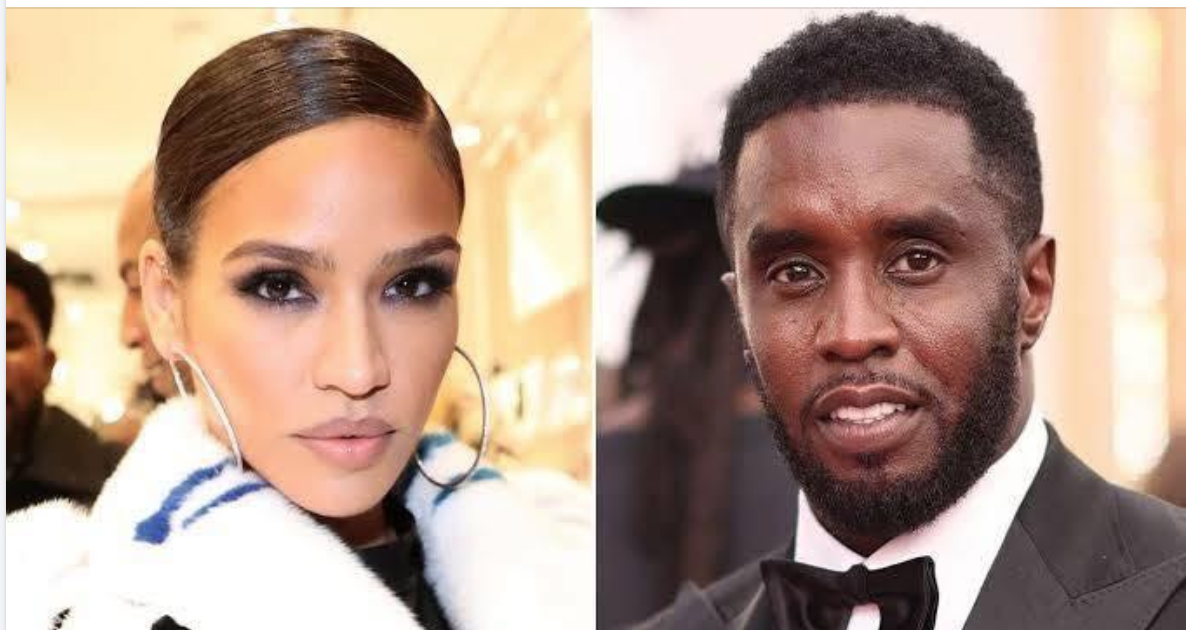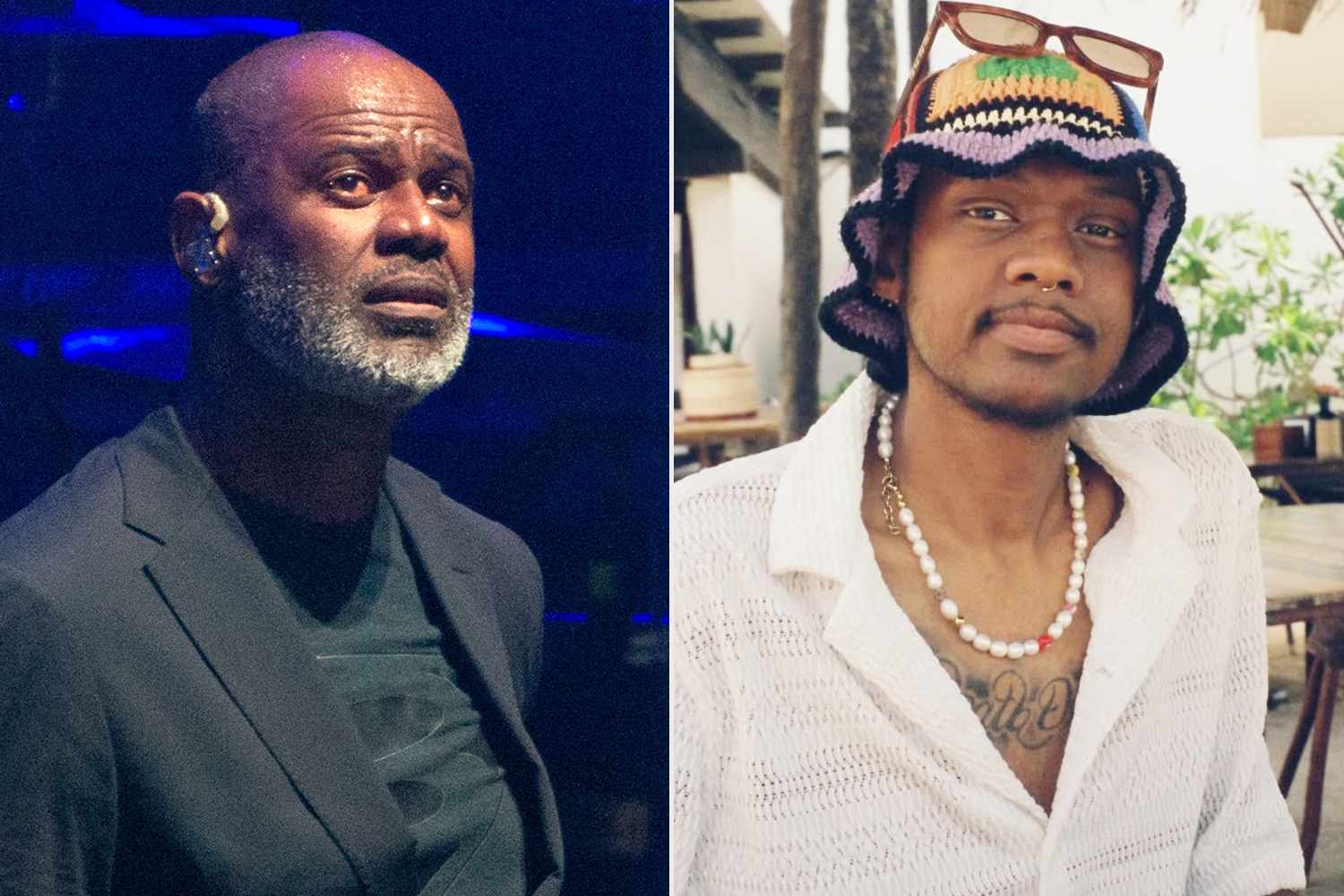Bryshere Gray Exposes “The Monster” Inside Lee Daniels | Worse Than Diddy..

The allure of celebrity life often hides a darker reality, as exemplified by Bryshere Gray’s tumultuous journey in Hollywood. Known for his role as Hakeem Lyon on “Empire,” Gray’s entrance into showbiz was far from glamorous.
Reports suggest he faced misuse and mistreatment, entangled with older mentors who allegedly exploited him. Among these mentors, filmmaker Lee Daniels is notably mentioned.
Gray, also known by his stage name Yazz The Greatest, once had a promising career. However, his trajectory shifted after his association with Daniels and actor Will Smith. Rumors swirled about Gray’s involvement with Smith, leading to a downward spiral that included legal troubles and a diagnosis of bipolar disorder. This association, particularly with Smith—who is publicly open about his and his wife Jada Pinkett Smith’s unconventional relationship—seemed to exacerbate Gray’s struggles.

Gray isn’t alone in his criticism of Daniels. Actress and comedian Mo’Nique has also been vocal about her conflicts with Daniels and the Hollywood industry at large. Mo’Nique’s fallout with Daniels dates back to her refusal to promote “Precious” without additional compensation, leading to her being labeled difficult and blacklisted. Despite a 13-year estrangement, a reconciliation between Mo’Nique and Daniels eventually occurred, highlighting her journey of forgiveness.
Daniels’ directorial methods have also faced scrutiny. During the production of “Precious,” Daniels reportedly replaced an entire crew due to their disrespectful attitude. He claimed this drastic action was necessary to align the film’s vision, which ultimately paid off as “Precious” grossed $64 million against a $10 million budget.
Furthermore, Daniels’ attempt to create a comedy inspired by the Me Too movement with comedian Whitney Cummings drew significant backlash. Tarana Burke, the movement’s founder, found the idea deeply offensive, arguing that the gravity of the issue was not suitable for comedic treatment. This controversy underscored the ongoing struggle for diverse and sensitive representation in media.

Damon Dash, co-founder of Roc-A-Fella Records, also had a contentious history with Daniels. Dash sued Daniels over a Richard Pryor biopic, claiming breach of contract and financial mismanagement. They eventually settled, with Daniels agreeing to pay Dash $1.7 million. However, the settlement did not restore Dash’s expected credit or royalties from the biopic, which remains in development limbo.
These stories paint a picture of an industry fraught with exploitation and broken promises, particularly towards black creators. Gray’s downfall, coupled with the experiences of Mo’Nique, Burke, and Dash, highlights systemic issues within Hollywood. Allegations of exploitation by powerful figures like Daniels suggest a need for accountability and reform in how the industry treats its talent.
In summary, Bryshere Gray’s allegations against Lee Daniels reveal a broader pattern of exploitation within Hollywood. Gray’s career decline, alongside the struggles faced by Mo’Nique, Burke, and Dash, underscores the pervasive challenges black artists encounter. These stories call for a reevaluation of Hollywood’s treatment of its stars and a push for more equitable and respectful industry practices.





